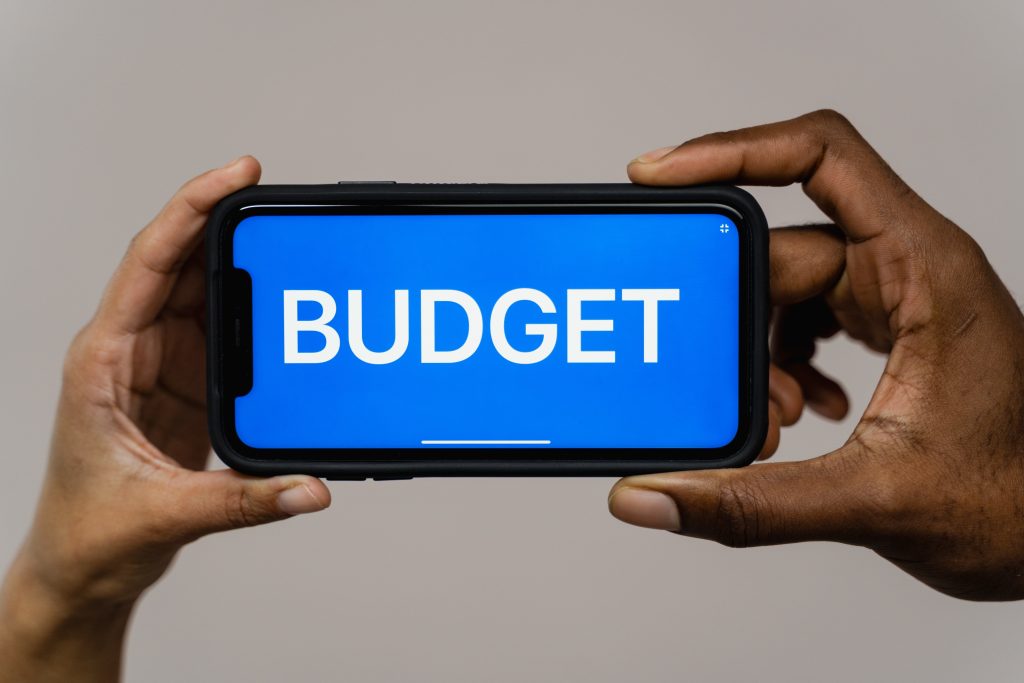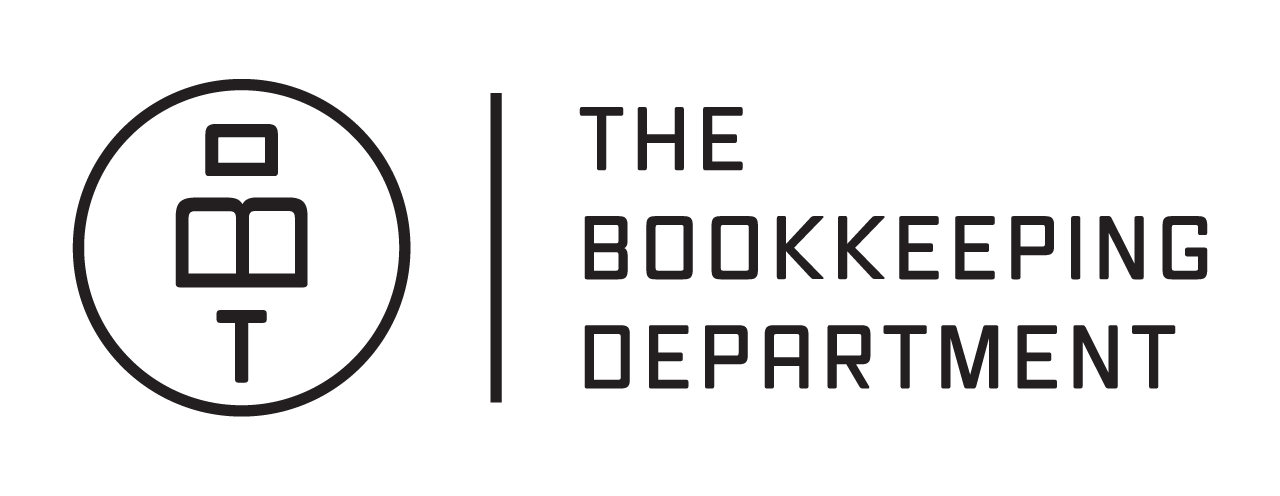
Last night’s Federal Budget, contained the expected cost of living payments and fuel excise reduction, but also contained some wins for small business. While the debate rages on regarding whether low unemployment will deliver real wage growth, most of us are already feeling the burden of higher wages and staff shortages, so the below measures will come as welcome boost.
Deduction boost for small businesses – skills & training
Businesses with aggregated turnover of up to $50 million will be able to deduct an additional 20 per cent of expenditure incurred on external training courses provided to its employees. The training course must be provided to employees in Australia or online and delivered by entities registered in Australia. Some exclusions will apply, such as for in-house or on-the-job training.
The boost will apply to eligible expenditure incurred from 7:30pm (AEDT) on 29 March 2022 until 30 June 2024.
Deduction boost for small businesses – digital adoption
Businesses with aggregated turnover of up to $50 million will be able to deduct an additional 20% of the cost incurred on business expenses and depreciating assets that support its digital adoption, such as portable payment devices, cyber security systems or subscriptions to cloud-based services. An annual cap will apply in each qualifying income year so that expenditure up to $100,000 will be eligible for the boost. The boost will apply to eligible expenditure incurred from 7:30pm (AEDT) on 29 March 2022 until 30 June 2023.
Modernisation of the PAYG Instalment system
The PAYG instalment system will be modernised to allow PAYG instalments to be calculated based on current financial performance extracted from accounting software (with some tax adjustments). Applies from 1 January 2024 subject to the ability of software providers to be ready for the change.
Taxable Payments Reporting (TPAR) Streamlining
Businesses will have the option to provide Taxable Payments Reporting on the same reporting cycle as their activity statements and via their accounting software. Applies from 1 January 2024 subject to the ability of software providers to be ready for the change.
PAYG & GST Instalment Uplift Factor
GST and PAYG instalments are presently subject to a GDP uplift factor each year. For the 2022/23 financial year, this uplift factor will be 2% when it would otherwise have been 10%. While both PAYG & GST instalments are capable of being varied, this may reduce the need to do so in some instances.
Expansion of COVID-19 Grants
The government has extended until 30 June 2022 the measure which enables payments from certain State & Territory COVID-19 business support programs to be classed as non-assessable non-exempt (NANE) for income tax purposes. The benefit of these payments being classed as NANE is that they do not attract income tax and nor do they absorb carried forward tax losses.
Expansion of access to employee share schemes
The Budget confirms the Government’s intention to change the investment thresholds for unlisted companies in relation to employee share schemes. Where employers make larger offers in connection with employee share schemes in unlisted companies, participants can invest up to:
- $30,000 per participant per year, accruable for unexercised options for up to 5 years, plus 70% of dividends and cash bonuses; or
- any amount, if it would allow them to immediately take advantage of a planned sale or listing of the company to sell their purchased interests at a profit.
COVID-19 Tests
The Government will ensure that COVID-19 testing provided by employers to employees to attend a place of work will not be subject to fringe benefits tax. Applies from 1 July 2021.
Apprentice wage subsidy support
The Boosting Apprenticeship Commencement (BAC) and Completing Apprenticeship Commencements (CAC) wage subsidies will be extended by 3 months to 30 June 2022.
The Budget also includes funding over five years to introduce a new Australian Apprenticeships Incentive System from 1 July 2022 as further support to employers and apprentices in “priority occupations”.
Superannuation guarantee rate increase
The Budget did not announce any change to the timing of the next superannuation guarantee (SG) rate increase. The SG rate is currently legislated to increase from 10 per cent to 10.5 per cent from 1 July 2022, and by 0.5 per cent per year from 1 July 2023 until it reaches 12 per cent from 1 July 2025.
To read more detail and about the full list of budget measures read CPA’s Federal Budget summary

Recent Comments